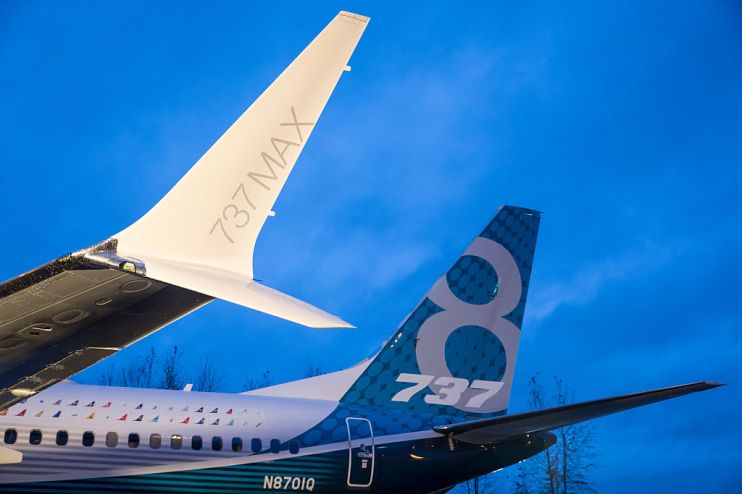Boeing 737 Max: Europe ‘will not accept’ FAA’s safety decision on grounded jet

Europe’s aviation safety regulator will insist on running its own tests on Boeing’s troubled 737 Max before allowing it to fly again, rather than accepting the verdict of its US counterpart.
Read more: Boeing admits sensor malfunctioned on both fatal 737 Max crashes
Such a decision from the European Aviation Safety Agency’s (Easa) could dash Boeing’s hopes of a quick return to service in Europe for the best-selling jet, which was grounded in March after two crashes killed 346 people.
Easa chief executive Patrick Ky revealed a list of four conditions given to the US authorities in a presentation given to the European Parliament’s committee on transport and tourism on Tuesday.
One of the four conditions was a refusal to accept delegation on the decision.
Easa also demanded an “additional and broader independent design review,” that the two fatal crashes were “deemed sufficiently understood” and that flight crews had been sufficiently trained in changes to the plane.
Boeing declined to comment, but the world’s biggest plane maker has previously expressed hopes that the jet will be back to full service by the end of the year at the latest.
A spokesperson for Easa said the agency is in close contact with both Boeing and the FAA on the matter.
The US regulator, the Federal Aviation Administration (FAA), has faced criticism for being too trusting of Boeing after it allowed the manufacturer to carry out the final safety tests on the jet, rather than doing them independently.
Read more: Thousands of Boeing 737 Max flights booked despite lack of regulatory approval
Until Easa clears the jet for being safe to fly, airlines like Norwegian Air, which operate in Europe, will not be able to return it to service, even though rivals in the US such as United Airlines will be able to operate the plane across the Atlantic.